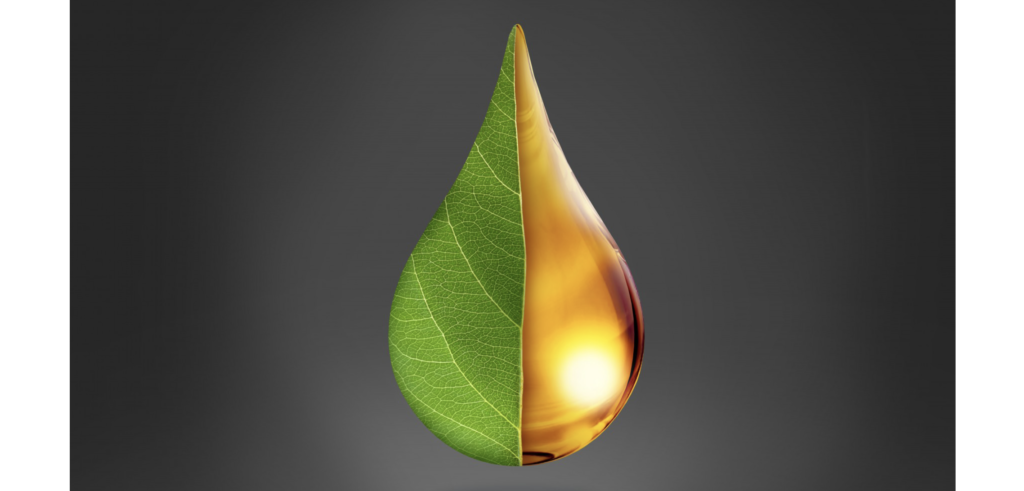Materials manufacturer Covestro has begun supplying what it says is the world’s first climate-neutral polycarbonate from its Uerdingen site in Germany. The Makrolon polycarbonate grades are claimed to be climate neutral from cradle to gate, thanks to the use of renewable electricity in the production processes and the introduction of raw materials sourced from mass-balanced biowaste and residues.
Since receiving ISCC (International Sustainability and Carbon Certification) Plus mass-balance certification for two of its European sites at the end of last year, Covestro has been supplying polycarbonates partly sourced from renewable feedstock. These are attributed via the mass-balance approach and lead to a significant carbon footprint reduction. Now, the company has acquired Guarantee of Origin certificates for its Uerdingen plant from unsubsidized photovoltaic renewable electricity plants in Germany. These are allocated to the specific electricity needs of selected mass-balanced products for chlorine electrolysis – essential to the production of polycarbonate – and other process steps. As a result, selected Makrolon RE grades are now climate neutral.
Sucheta Govil, the chief commercial officer of Covestro, commented, “I am very proud of the launch of this climate-neutral product. This is another milestone in pursuing our sustainability vision. We are accompanying our customers in accelerating the transition to the circular economy, as well as helping to build an industrial ecology that favors circularity.”
The company notes that it is gradually converting to alternative raw material sources including renewables as part of a comprehensive program to drive forward the transition to a circular economy. Integral to this program is the adoption of the mass-balance approach, which is a chain-of-custody method that allows fossil and alternative feedstock to be mixed in production but separated in bookkeeping. It can track materials through the value chains and allows attribution of alternative feedstock, like bio-based raw materials, to selected end products.
Through the mass-balance approach, alternative raw materials are introduced into the value chain while taking advantage of the existing chemical infrastructure with its high efficiency and economies of scale, accelerating the transition of the industry to a circular economy of plastics.



